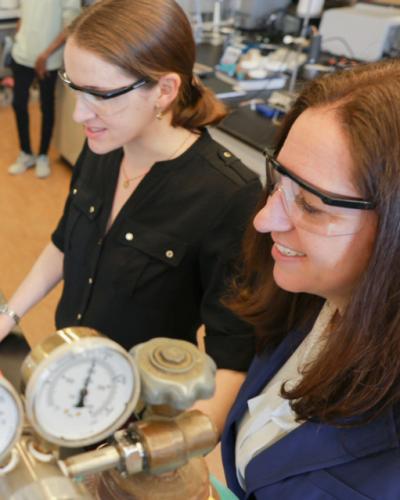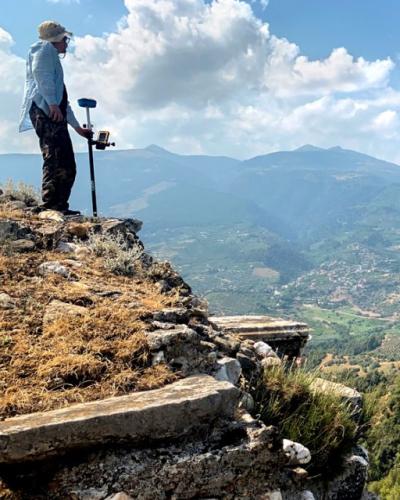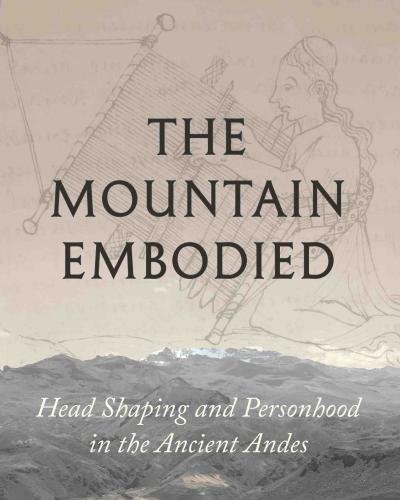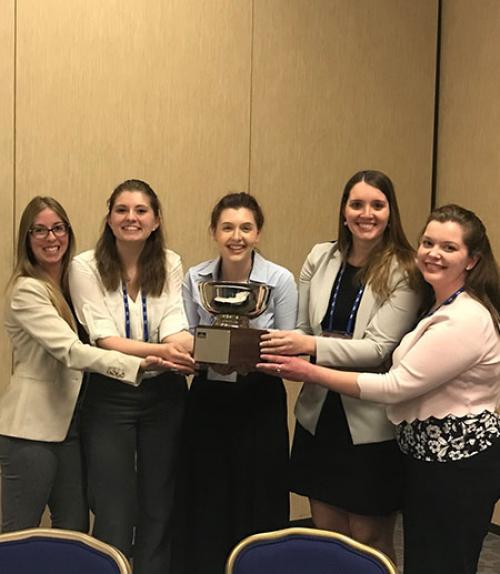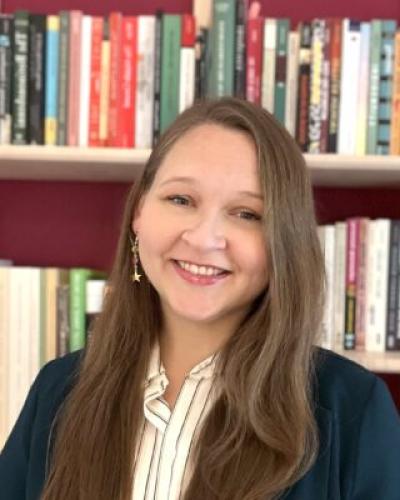 Department Homepage
The College of Arts & Sciences
Department Homepage
The College of Arts & Sciences
Cornell wins its first Ethics Bowl
From left: Dana Bardolph, Danielle Vander Horst, Lindsay Petry, Elizabeth Bews, and Elizabeth ProctorCornell’s team won the Society for American Archaeology (SAA) Ethics Bowl on April 12 in Washington, DC. They were the first Cornell team to participate in the competition, which has been held for 14 years.
More news
